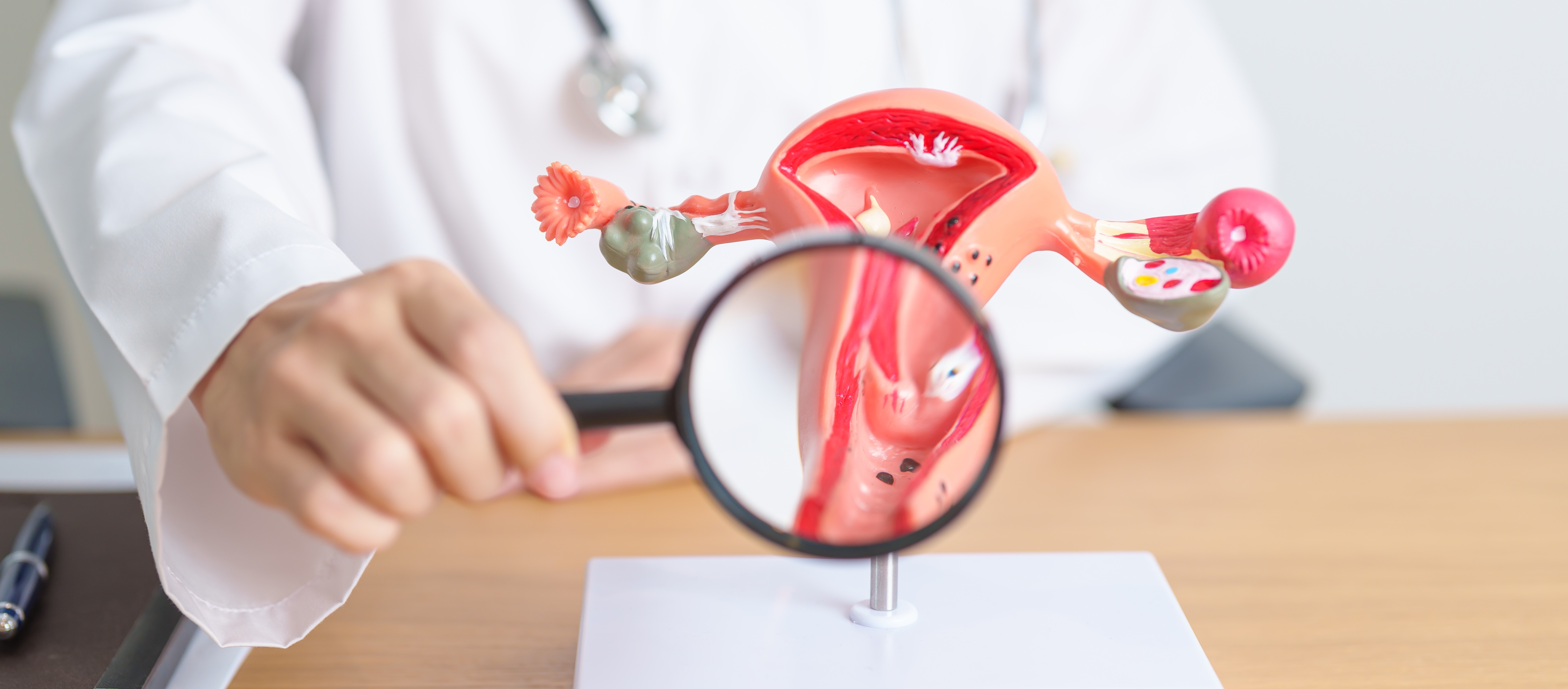Concussion: Symptoms, Causes, Diagnosis & Treatment
Written By: Dr. Khalid Al-Saffar
Updated On:December 07, 2023

What is a Concussion?
A minor traumatic brain injury called a concussion can happen as a result of a blow to the head. A whiplash-type injury, which forces your head and brain to rock swiftly back and forth, can also result in concussions.
Not all concussions are dangerous. However, concussions can cause clear symptoms that shouldn't be ignored. Headaches, mental fuzziness, and occasionally even unconsciousness are some of the symptoms that require medical attention. Painkillers, rest, and a break from particular activities are all potential treatments for concussions.
Causes of Concussions
Concussions are brought on by a head impact of some kind.
Inside our skulls, our brains float in a jelly-like fluid, cerebrospinal fluid (CSF). Meninges, the membrane that surrounds the brain, can strike the side of the skull as a result of head trauma. Such a blow can harm the brain's tissues and potentially trigger CSF leakage.
Concussion causes include falling, sustaining a head injury, especially while participating in sports, and getting hurt in a car accident or a blast.
Symptoms of Concussions
Depending on the injury's severity and the individual, concussion symptoms can differ. It's untrue to say that a concussion is always accompanied by a loss of consciousness. Although they can hurt, most concussions are not life-threatening. Symptoms of concussions can include the following:
- You can encounter light sensitivity, fatigue, headaches, nausea, vomiting, and vision problems.
- You can feel particularly tense, agitated, grumpy, or depressed
- You might be having issues with short- or long-term memory, be drowsy, or have trouble focusing.
- You might face difficulty falling asleep or have inconsistent sleep patterns (too much or too little).
When to see a doctor for a Concussion?
Seeing a doctor after having a concussion is essential to assess the severity of the concussion and to decide on a treatment plan if need be.
Concussion Risk Factors
Activities and risk factors that could make you more likely to sustain a concussion include:
- Falling, particularly in young children and elderly people
- Playing a high-risk sport, such as boxing, rugby, hockey, soccer, or another contact sport
- Taking part in risky sports without the right equipment and supervision
- Being involved in a vehicle accident
- Getting into a collision with a bicycle or pedestrian
- Being a combat-experienced soldier
- Being the victim of physical assault
- Having a history of head injuries
Concussion Complications
Without a doctor's approval, anyone who has suffered a concussion shouldn't engage in sports or other vigorous activities. Second impact syndrome, which increases the risk of severe brain swelling and may be fatal, can result from receiving a second concussion before the previous concussion has fully recovered.
Keep in mind that it's crucial to rest after any concussion. Your brain can mend thanks to this. Even when your doctor has given the go-ahead for you to resume exercising or participating in sports, you should do it gradually.
These additional long-term issues of concussions are
- Post-concussion syndrome. You might end up having concussion symptoms for weeks or even months if treatment has not been provided. Multiple concussion sufferers or athletes who return to play too soon after a concussion are more prone to experience this syndrome
- Headaches. These have a few-month duration.
- Post-traumatic dizziness. Dizziness is a symptom of concussions, which can last for months following an accident.
- Harm to the brain. The likelihood of having negative long-term impacts on the brain in those with numerous concussions is higher.
Concussion Diagnosis
Your doctor will inquire as to how the accident occurred and what concussion symptoms you are presently experiencing and if a visit to the emergency department is required. Additionally, you could be asked to rate the severity of your symptoms using a chart or questionnaire.
A physical examination by your doctor could assess your balance and vision. Doctors utilize vision exams to check for concussion-related changes in pupil size, eye movements, and light sensitivity.
Your doctor could ask for a CT or MRI scan of your head to look for signs of brain injury if you experience severe symptoms or an impact.
Your doctor might also conduct an electroencephalogram, which tracks brain waves, if you had seizures after a concussion.
Concussion Treatment
The severity of your concussion symptoms will determine how you are treated. Most concussions can be treated with conservative medical methods or at home.
Concussion treatment include the following:
- Nonprescription painkillers
- Consuming a lot of water. Dehydration might result from the nausea and vomiting that concussions can bring on.
- Getting enough sleep.
- A respite from athletics and other physically demanding activities.
- Avoid getting behind the wheel. This applies to any vehicle that requires steering, such as cars and bikes. After a concussion, your coordination, balance, and attention may be affected.
- Abstaining from alcohol while in recovery. Alcohol can hinder healing and negatively affect how some drugs work. Ask your doctor if drinking is appropriate at certain times.
- Mental repose. Reduce your usage of technology (such as your TV, phone, and computer) to give your brain some rest. Noises and bright lights might make concussion and recovery symptoms worse.
The following conditions could lead to consideration for surgery or other medical procedures:
- Bleeding inside the skull
- Brain swelling
- Severe brain injury
Concussion Prevention
You can lessen your likelihood of sustaining a concussion by adhering to a few straightforward safety precautions. Some of the preventative measures you can take include
- wearing a helmet that fits properly,
- using protective equipment when participating in sports,
- abiding by safety regulations,
- operating vehicles or equipment,
- and allowing injuries enough time to heal.
References
Leddy, J. J., Sandhu, H., Sodhi, V., Baker, J. G., & Willer, B. (2012). Rehabilitation of concussion and post-concussion syndrome. Sports health, 4(2), 147-154.
Ropper, A. H., & Gorson, K. C. (2007). Concussion. New England Journal of Medicine, 356(2), 166-172.
Shaw, N. A. (2002). The neurophysiology of concussion. Progress in neurobiology, 67(4), 281-344.
Willer, B., & Leddy, J. J. (2006). Management of concussion and post-concussion syndrome. Current treatment options in neurology, 8(5), 415-426.
Meet our doctors from the Neurology department















